Table of Contents
Tom Jobim (1927-1994) Bossa Nova and Jazz together
It has been said that Antonio Carlos Brasileiro de Almeida Jobim was the George Gershwin of Brazil—and there is a solid ring of truth in that, for both contributed large bodies of songs to the jazz repertoire, both expanded their reach into the concert hall, and both tend to symbolize their countries in the eyes of the rest of the world.
With their gracefully urbane, sensuously aching melodies and harmonies, Jobim’s songs gave jazz musicians in the 1960s a quiet, strikingly original alternative to their traditional Tin Pan Alley source.
Jobim’s roots were always planted firmly in jazz; the records of Gerry Mulligan, Chet Baker, Barney Kessel and other West Coast jazz musicians made an enormous impact upon him in the 1950s. But he also claimed that the French impressionist composer Claude Debussy had a decisive influence upon his harmonies, and the Brazilian samba gave his music a uniquely exotic rhythmic underpinning.
Best Sheet Music download from our Library.
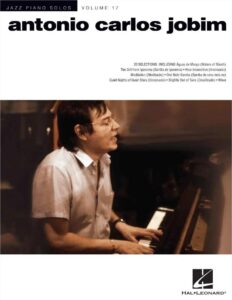
As a pianist, he usually kept things simple and melodically to the point with a touch that reminds some of Claude Thornhill, but some of his records show that he could also stretch out when given room. His guitar was limited mostly to gentle strumming of the syncopated rhythms, and he sang in a modest, slightly hoarse yet often hauntingly emotional manner.
Born in the Tijuca neighborhood of Rio, Jobim originally was headed for a career as an architect. Yet by the time he turned 20, the lure of music was too powerful, and so he started playing piano in nightclubs and working in recording studios.
He made his first record in 1954 backing singer Bill Farr as the leader of “Tom and His Band” (Tom was Jobim’s lifelong nickname), and he first found fame in 1956 when he teamed up with poet Vinicius de Morales to provide part of the score for a play called Orfeo do Carnaval (later made into the famous film Black Orpheus).
Please, subscribe to our Library.
If you are already a subscriber, please, check our NEW SCORES’ page every month for new sheet music. THANK YOU!
In 1958, the then-unknown Brazilian singer Joao Gilberto recorded some of Jobim’s songs, which had the effect of launching the phenomenon known as bossa nova.
Jobim’s breakthrough outside Brazil occurred in 1962 when Stan Getz and Charlie Byrd scored a surprise hit with his tune “Desafinado”—and later that year, he and several other Brazilian musicians were invited to participate in a Carnegie Hall showcase.
Fueled by Jobim’s songs, the bossa nova became an international fad, and jazz musicians jumped on the bandwagon, recording album after album of bossa novas until the trend ran out of commercial steam in the late ’60s.
Jobim himself preferred the recording studios to touring, making several lovely albums of his music as a pianist, guitarist and singer for Verve, Warner Bros., Discovery, A&M, CTI and MCA in the ’60s and ’70s, and Verve again in the last decade of his life. Early on, he started collaborating with arranger/conductor Claus Ogerman, whose subtle, caressing, occasionally moody charts gave his records a haunting ambiance.
When Brazilian music was in its American eclipse after the ’60s, a victim of overexposure and the burgeoning rock revolution, Jobim retreated more into the background, concentrating much energy upon film and TV scores in Brazil. But by 1985, as the idea of world music and a second Brazilian wave gathered steam, Jobim started touring again with a group containing his second wife Ana Lontra, his son Paulo, daughter Elizabeth and various musician friends.
At the time of his final concerts in Brazil in September 1993 and at Carnegie Hall in April 1994 (both available on Verve), Jobim at last was receiving the universal recognition he deserved, and a plethora of tribute albums and concerts followed in the wake of his sudden death in New York City of heart failure. Jobim’s reputation as one of the great songwriters of the century is now secure, nowhere more so than on the jazz scene where every other set seems to contain at least one bossa nova.
Composer Antonio Carlos Jobim AKA Tom Jobim was born on January 25, 1927 in Tijuca, Rio de Janeiro, Brazil. He showed a natural curiosity towards music early on and at age 13 discovered an old piano in his parents’ school and started experimenting with sounds and notes.
Although he took some private piano lessons he was for the most part self-taught. At age 20 he gave up on his original plans to become an architect and devoted himself completely to music.
He started his career in 1952 playing piano in small cafes around the city. His early musical influences included the legendary composer Pixinguinha, Claude Debussy and jazz. In 1954 he cut his first record with his band called “Tom and His Band” backing the singer Bill Farr.
The same year he apprenticed to arranger Radames Gnatali from whom he learned the rudiments of arranging and shifted careers and for a while and became an arranger for local singers. In 1956 he collaborated with poet and diplomat Vinicius de Moraes on an operetta entitled Orfeo do Carnaval that opened to great acclaim at the Metropolitan Opera House in Rio.
The French director Marcel Camus transferred it to the big screen under the title Black Orpheus. The film was honored by the Cannes Film Festival with a Palme D’Or in 1959. His first hit was Felicidade from this operetta. The song gained immense popularity when Billy Eckstine added English lyrics to it in the late 1950s. Moraes and Jobim also teamed up on other hits including Girl from Ipanema and Agua de Beber among others.
In 1958 Brazilian guitarist and vocalist Joao Gilberto released a record of Jobim songs that marked the beginning of the bossa nova phenomenon.
1962 marked an important change in Jobim’s career when he broke out into the world scene after Stan Getz popularized his tune “Desafinado”. He and his colleagues were invited to perform at Carnegie Hall and the popularity of the bossa nova took off.
From 1962 till the end of the 60s, some jazz musicians recorded multitude of bossa nova albums. Jobim himself, in addition to becoming one of the most recorded composers, cut several albums for a variety of labels, often in collaboration with Claus Ogerman. The 1970s and 80s marked a time of low popularity for jazz and for Brazilian music due to the rock explosion.
Jobim returned to Brazil and worked on TV and film scores. By 1985 though bossa nova and Brazilian music experienced a renaissance and Jobim started touring again performing up to few months before his death in New York City of heart failure on December 8, 1994.
Browse in the Library:
| Artist or Composer / Score name | Cover | List of Contents |
|---|---|---|
| Stranger Things Main Theme Piano solo arr. (Musescore File).mscz | ||
| Strauss Johann – The Blue Danube Piano solo |
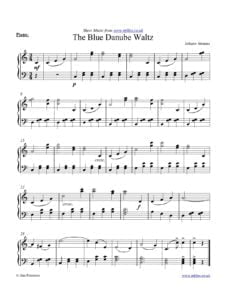 |
|
| Strauss Richard – Also Sprach Zarathustra (Trans. R. Schmalz for Piano solo) |
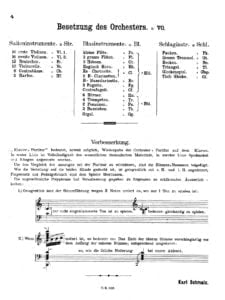 |
|
| Strauss – An Der Schönen Blauen Donau (Advanced Ver.) (Musescore File).mscz | ||
| Strauss – An Der Schönen Blauen Donau The Blue Danube (Easy Piano Solo) (Musescore File).mscz | ||
| Strauss – An Der Schönen Blauen Donau The Blue Danube (Intermediate Piano Solo) (Musescore File).mscz | ||
| Strauss Also sprach Zarathustra op. 30 (arr. for 2 pianos) |
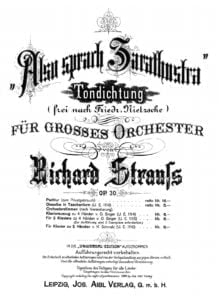 |
|
| Strauss Richard 4 Lieder Op. 27 No. 4 Morgen Musescore File.mscz | ||
| Strauss, Johann Ii An Der Schönen Blauen Donau, Op.314 Jrummel Easy Piano Solo |
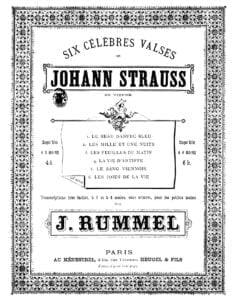 |
|
| Strauss, Johann Ii Waatzes For Piano Op. 314 (Complete) |
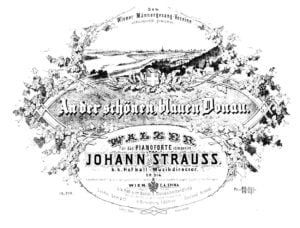 |
|
| Strauss, Johann II Die Fledermaus Suite for piano solo arr. |
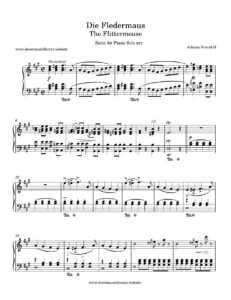 |
|
| Strauss, Johann Ii Die Fledermaus Suite For Piano Solo Arr. Musescore File.mscx | ||
| Strauss, Johann Jr. – The Blue Danube Waltz (Easy Piano Solo) |
 |
|
| Strauss, Richard Also Sprach Zarathustra, Op 30 Einleitung, Oder Sonnenaufgang (Solo Piano Arr) |
 |
|
| Stravinski, Igor – Poetica Musical Book (Español – Spanish) |
 |
|
| Stravinsky Ragtime (Piano Solo, Transcribed By The Composer) |
 |
|
| Stravinsky The Firebird Suite Piano Transcription |
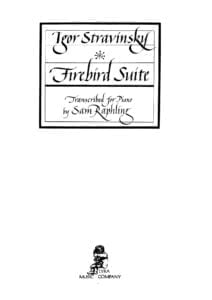 |
|
| Stravinsky Three Movements From Petrushka (piano solo arr.) |
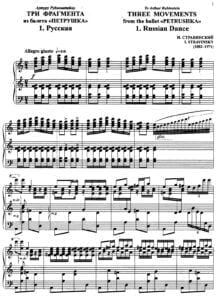 |
|
| Stravinsky – Octet for Wind Instruments |
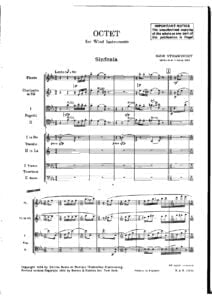 |
|
| Stravinsky – Ragtime (Piano Solo) |
 |
|
| Stravinsky – The Rite of Spring Le Sacre du printemps (4 hands, piano à 4 mains) | Stravinsky – The Rite of Spring Le Sacre du printemps (4 hands, piano à 4 mains) | |
| Stravinsky – The Rite Of Spring – piano 2 hands – arr. by Raphling |
 |
|
| Stravinsky 3 Easy pieces for piano 4 hands |
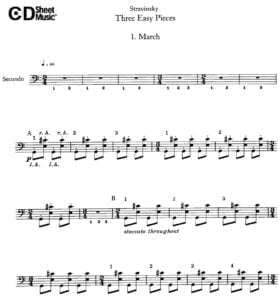 |
|
| Stravinsky 4 Etudes Op.7 |
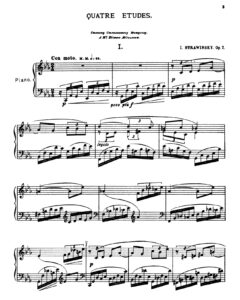 |
|
| Stravinsky And His World by Tamara Levitz (Book) |
 |
|
| Stravinsky Sonata F Sharp Minor |
 |
|
| Stravinsky Symphony of Psalms (arr. piano solo) | ||
| Stravinsky Tango |
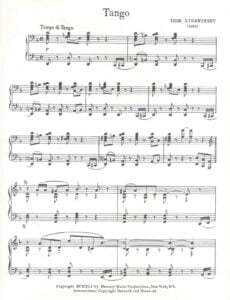 |
|
| Stravinsky The Firebird Piano Transcription |
 |
Stravinsky: The Firebird |
| Stravinsky, Igor 5 Easy Pieces [Piano 4 Hands] |
 |
|
| Stravinsky, Igor – The Rite of Spring Le Sacre du Printemps (piano solo) |
 |
|
| Straylight Run – Existentialism On Prom Night | ||
| Streabbog (Jean Louis Gobbaerts) – 12 Easy and Melodious Studies, Op 64 | ||
| Streabbog (Jean Louis Gobbaerts) – 12 Very Easy and Melodious Studies, op 63 | ||
| Streabbog Book 1 Opus 63 Twelve Very Easy And Melodious Studies |
 |
|
| Streabbog Book 2 Opus 64 12 Melodious Pieces For Piano |
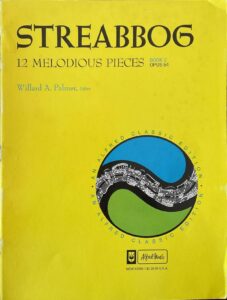 |
|
| Stride & Swing Piano The Complete Guide by John Valerio |
 |
Stride & Swing Piano Stride & Swing Piano – The Complete Guide |
| Stuart K. Hine How Great Thou Art Arr Joel Raney 6 Concert Hymns Expressions For Solo Piano |
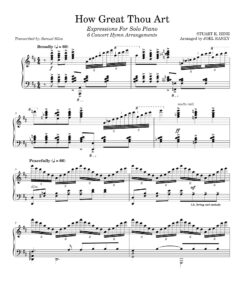 |
|
| Studio Ghibli Guitar Arrangements Best Album (Joe Hisaishi & Hayao Miyazaki) with Tablature |
 |
|
| Studio Ghibli Piano Suite |
 |
|
| Styx – Babe | ||
| Styx – Come Sail Away |
 |
|
| Succar Ya Banat (Caramel OST) Rasha Rizk | ||
| Suis-moi – Le Petit Prince OST (Hans Zimmer – Camille) | ||
| Sum 41 – Pieces | ||
| Summer of ’42 (Michel Legrand) | ||
| Summer of ’42 The Summer Knows Michel Legrand Piano & Voice |
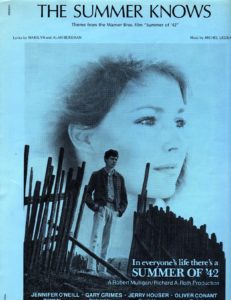 |
Summer of ’42 The Summer Knows Michel Legrand Piano & Voice |
| SUMMER OF’42 THE SUMMER KNOWS Piano (another version) | THE SUMMER KNOWS -SUMMER OF’42 | |
| Summertime – Piano arrangement Pianos Of Cha’n |
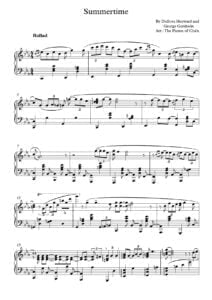 |
|
| Summertime G. Gershwin |
 |
|
| Sun Ra sheet music Collection | 1 Sun Ra index sheet music | |
| Sunday Music (100 Arrangements For Piano Solo) E. Pauer |
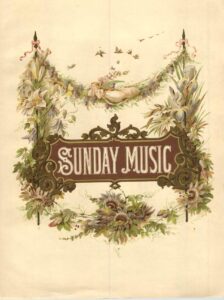 |
Sunday Music (100 Arrangements For Piano Solo) E. Pauer |
| Sunrise on Pontchartrain (The Curious Case of Benjamin Button OST) Alexandre Desplat | Sunrise on Pontchartrain | |
| Super Junior Pajama Party |
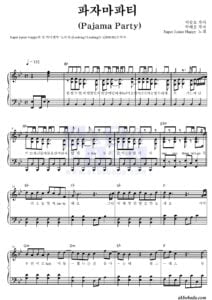 |
|
| Super Mario 64 – dire,dire docks |
 |
|
| Super Mario 64 by Koji Kondo – Piano |
 |
|
| Super Mario Bros – Main Theme | Super-Mario-Bros-Main-Theme | |
| Super Mario Bros – Main Theme Overworld |
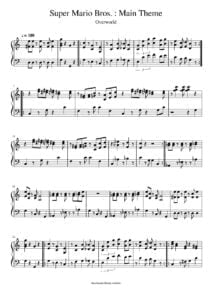 |
|
| Super Mario Bros – Main Theme Overworld (Musescore File).mscz | ||
| Super Mario Bros – Mario Main Theme – Koji Kondo | ||
| Super Mario Bros 2 Overworld Theme by Koji Kondo Piano Solo |
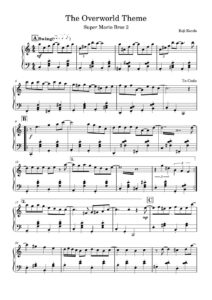 |
|
| Super Mario Bros 2 Complete Piano Arrangement |
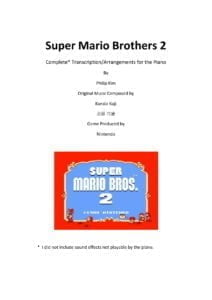 |
|
| Super Mario Bros Overworld Main Theme sheet music |
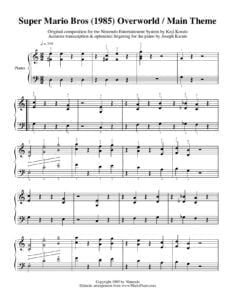 |
|
| Super Mario Bros Songbook |
 |
|
| Super Mario Bros. 3 Don’t stand on the Donuts – Piano Sheet Music |
 |
|
| Super Mario Galaxy – Aquatic Race |
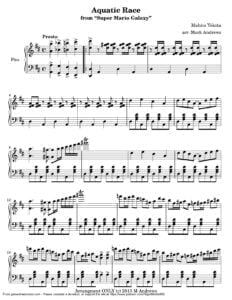 |
|
| Super Mario Galaxy – Attack! Koopas Fleet |
 |
|
| Super Mario Galaxy – Catastrophe |
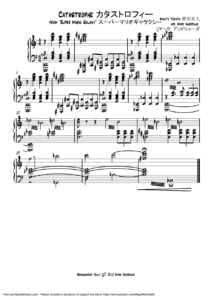 |
|
| Super Mario Galaxy – File Select |
 |
|
| Super Mario Galaxy – King Koopa’s Entrance |
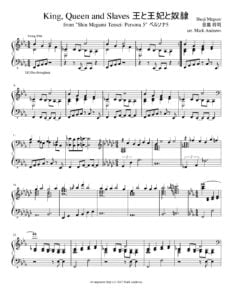 |
|
| Super Mario Galaxy – Kinopio’s Expedition |
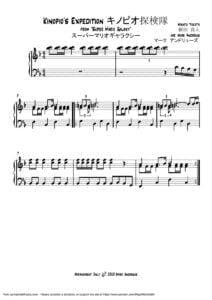 |
|
| Super Mario Galaxy – Overture |
 |
|
| Super Mario Galaxy – Peachs Castle is Stolen |
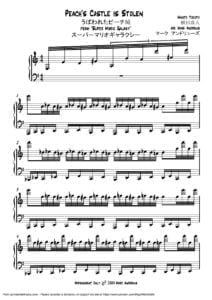 |
|
| Super Mario Galaxy – Rosetta’s Comet Observatory I |
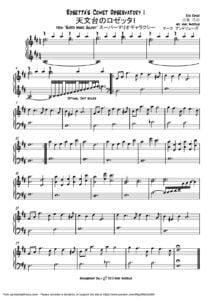 |
|
| Super Mario Galaxy – Starbit Festival |
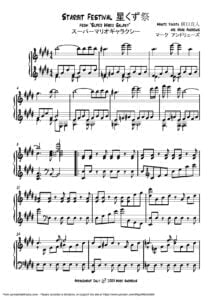 |
|
| Super Mario Galaxy Complete Sheet Music |
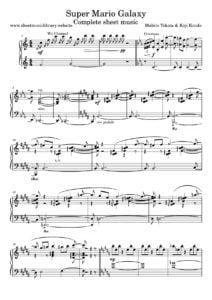 |
|
| Super Mario Galaxy Sheet Music (Musescore File).mscz | ||
| Super Mario Land – Birabuto Kingdom by Hirokazu Tamaka |
 |
|
| Super Mario World 2 Yoshis Island – Athletic |
 |
|
| Super Sight Reading Secrets by Howard Richman (Book) for keyboard players |
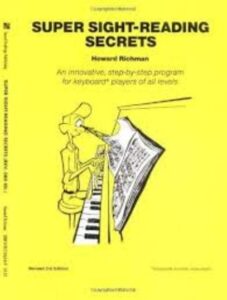 |
|
| Super Solos for Acoustic Guitar Solos (by Johnny Norris) Fingerpicking with Tablature |
 |
Super Solos for Acoustic Guitar Solos (by Johnny Norris) Fingerpicking with Tablature |
| Super Top Ten Volume (Guitar) |
 |
Super Top Ten Volume (Guitar) |
| Supercell – Sayonara Memories |
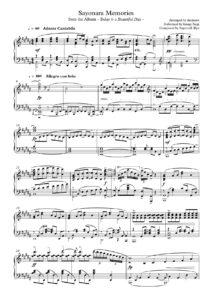 |
|
| Superhero Themes 14 of Your Favorite Heroes and She-Roes |
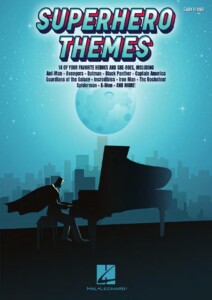 |
Superhero Themes 14 of Your Favorite Heroes and She-Roes |
| Superman Theme For Piano |
 |
|
| Supertramp – Breakfast In America |
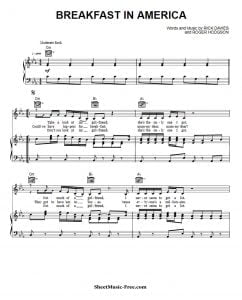 |
Supertramp Breakfast In America Book |
| Supertramp – Logical Song | ||
| Supertramp Anthology Songbook |
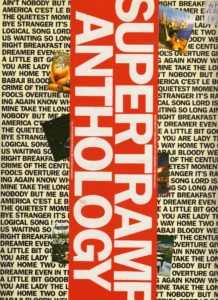 |
Supertramp Anthology Songbook |
| Supertramp Breakfast In America SongBook |
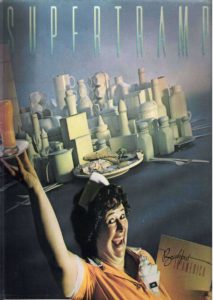 |
Supertramp Breakfast In America Book |
| Supertramp Crisis What Crisis SongBook |
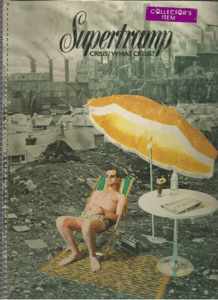 |
 |
| Supertramp Even In The Quietest Moments Songbook |
 |
Supertramp Even In The Quietest Moments |
| Supertramp Famous Last Words SongBook |
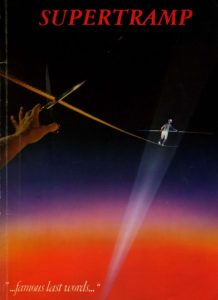 |
Supertramp Famous Last Words Book |
| Supertramp Paris SongBook |
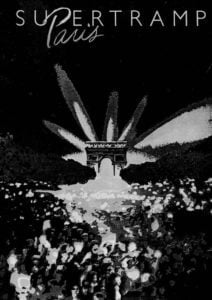 |
Supertramp Paris Book |
| Surface Pressure – Encanto (sheet music).mscz | ||
| Suzanne Ciani Adagio from the album Pianissimo | Suzanne-Ciani-Adagio 1st page | |
| Suzanne Ciani Dream Songs for piano |
 |
Suzanne Ciani Dream Songs piano |
| Suzanne Ciani New Age Piano |
 |
Suzanne Ciani New Age Piano |
| Suzanne Vega Songbook |
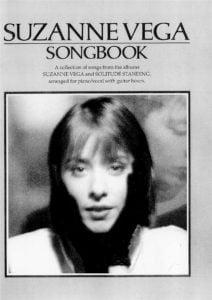 |
Suzanne Vega Songbook |
| SUZUKI – Guitar School Revised Edition (Vol 1) |
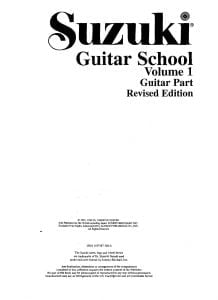 |
SUZUKI – Guitar School Revised Edition (Vol 1) |
| Suzuki Guitar (Complete Vol. 1 To 9) |
 |
SUZUKI GUITAR Vol 1-9 |
| Suzuki Piano School – Vol 07 – Mozart Handel and Paderevski |
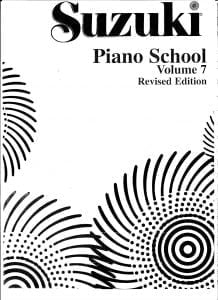 |
|
| Suzuki Piano School Volumes 1 to 7 (240 p.) |
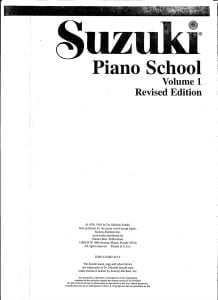 |
Suzuki 1-7 – Piano School (7 books) |
| Suzuki Tsunekichi – Omohi De – Irish Folk Song Opening Theme To The Netflix Series Midnight Diner Tokyo Stories) (Musescore File).mscz | ||
| Suzuki Tsunekichi – Omohi de – Irish Folk Song Opening theme to the Netflix series Midnight Diner Tokyo Stories) Guitar | Suzuki Tsunekichi – Omohi de – Irish Folk Song Opening theme to the Netflix series Midnight Diner Tokyo Stories) Guitar | |
| Sveinn Eythorsson – Easy Guitar Songs |
 |
|
| Swan Lake Theme – Tchaikovsky (Musescore File).mscz | ||
| Swanee River Boogie Woogie – Albert Ammons (Musescore File).mscz | ||
| Sweet Hour Of Prayer – Piano Solo arr. of 13 Sacred Songs by Marvin Goldstein |
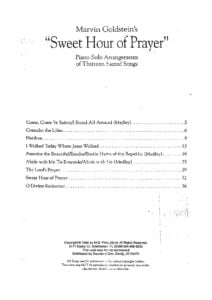 |
|
| Swing And Early Progressive Piano Styles Jazz Improvisation 3 by John Mehegam |
 |
Swing And Early Progressive Piano Styles Jazz Improvisation 3 by John Mehegam |
| Swing Low Sweet Charriot (Musescore File).mscz | ||
| Sydney Bechet Si Tu Vois Ma Mere Lead sheet music GUITAR CHORDS |
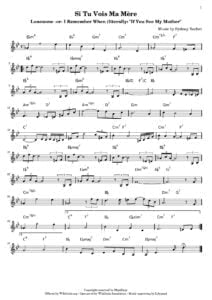 |
|
| Symphony No 40 In Gm K550 (Musescore File).mscz | ||
| Symphony No 9 In E Minor (From The New World) For Piano – 1st Movement (Adagio – Allegro Molto) (Musescore File).mscz | ||
| Symphony No 9 In E Minor (From The New World) For Piano – 2nd Movement (Largo) (Musescore File).mscz | ||
| Symphony No 9 In E Minor 4th Mov. (From The New World) A. Dvorak (Musescore File).mscz | ||
| Symphony No. 2 Third Mov. Advanced Piano Arr. (Musescore File).mscz | ||
| Symphony No. 5 – Adagietto Gustav Mahler (Musescore File).mscz | ||
| System Of A Down – Lonely Day | ||
| T – Pain – Buy You A Drink | ||
| Table for Two – Nocturnal Animals OST (Abel Korzeniowski) |
Tom Jobim Live Concert 1986, Festival International de Jazz de Montréal, Canada (Ao vivo em Montreal)
Download Jobim’s complete sheet music from our Library.
Track List:
4:06 Água de Beber 7:34 Chega de Saudade 11:40 Two Kites 16:27 Wave (Instrumental) 19:26 Borzeguim 24:04 Falando de amor 27:22 Gabriela 36:27 A Felicidade 40:59 Samba do Avião 44:39 Waters of March 48:57 Girl from Ipanema/Garota de Ipanema 53:27 Canção do Exílio/Samba de Uma Nota Só
